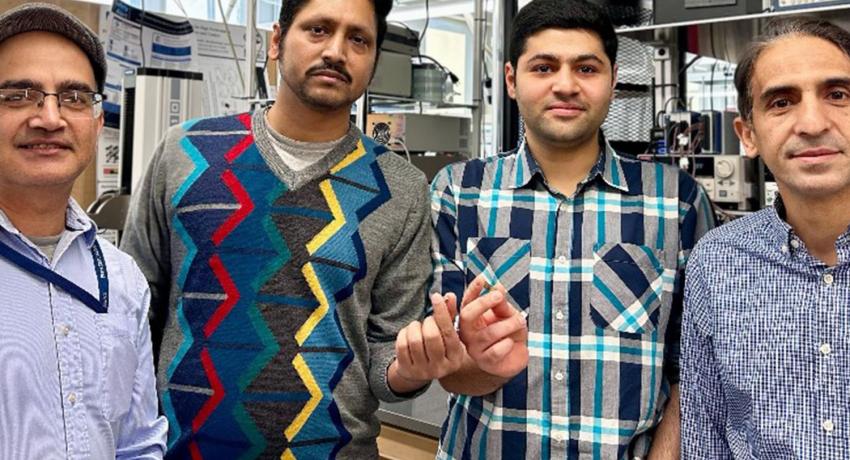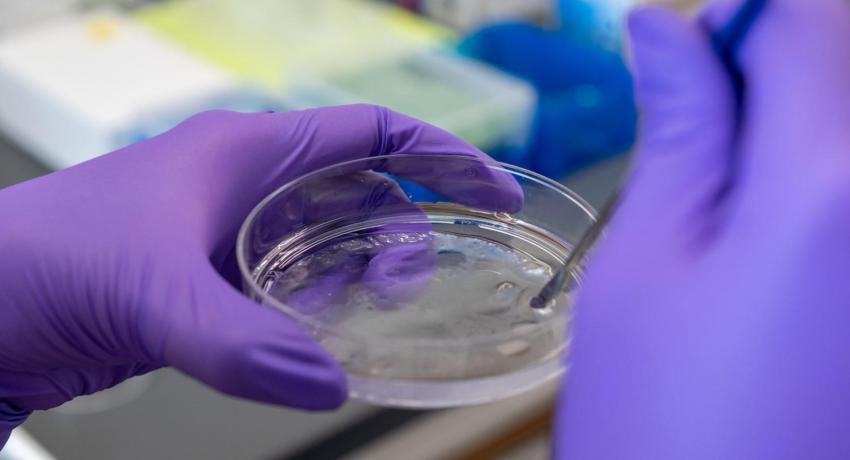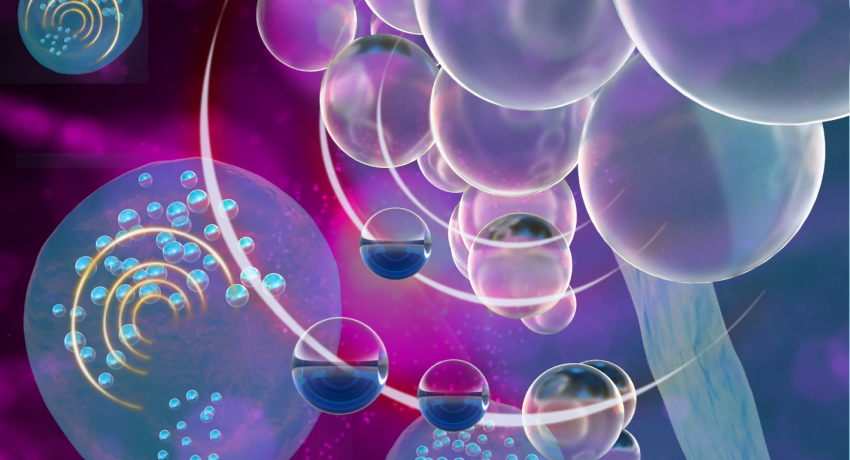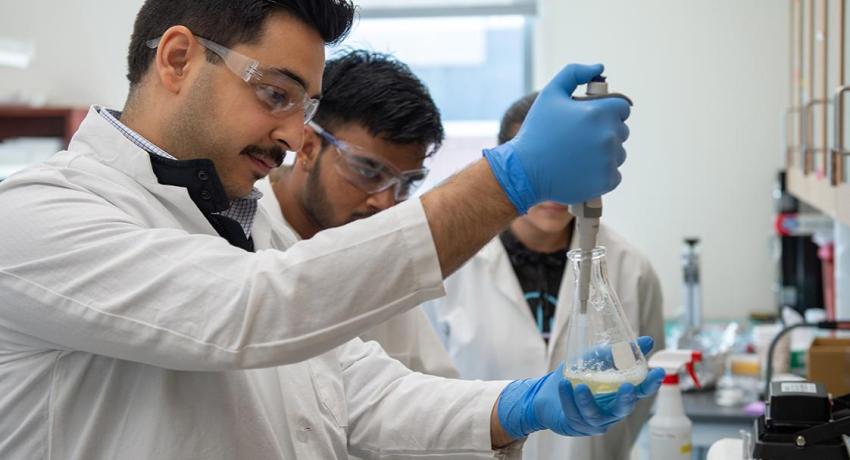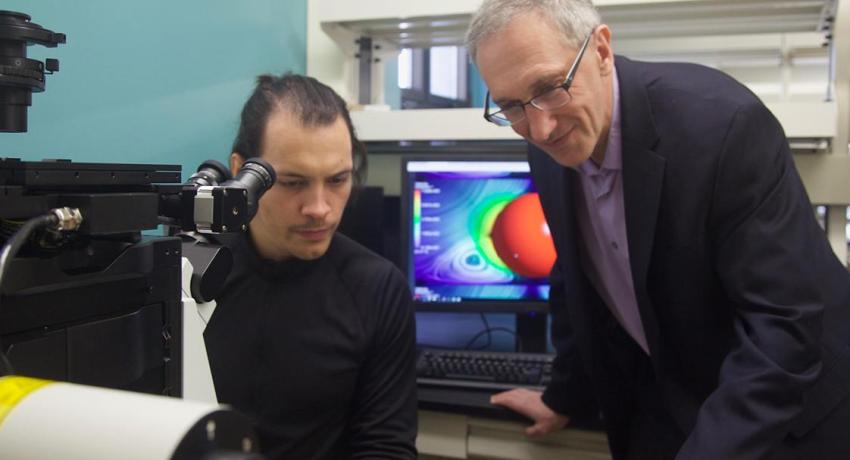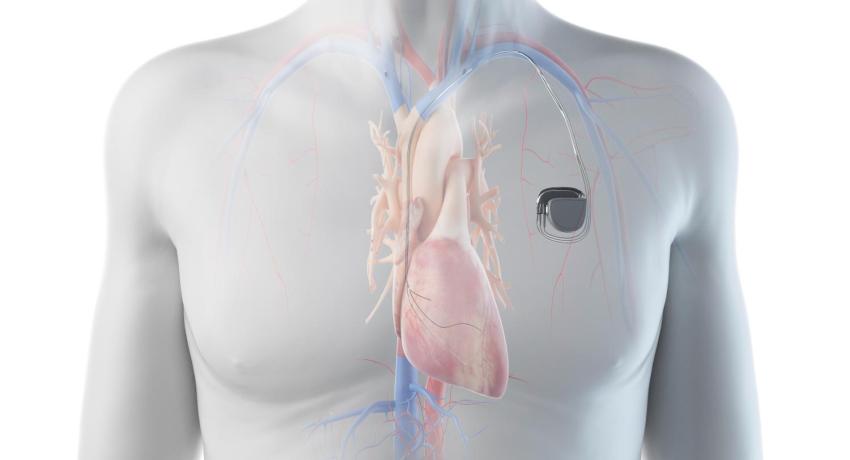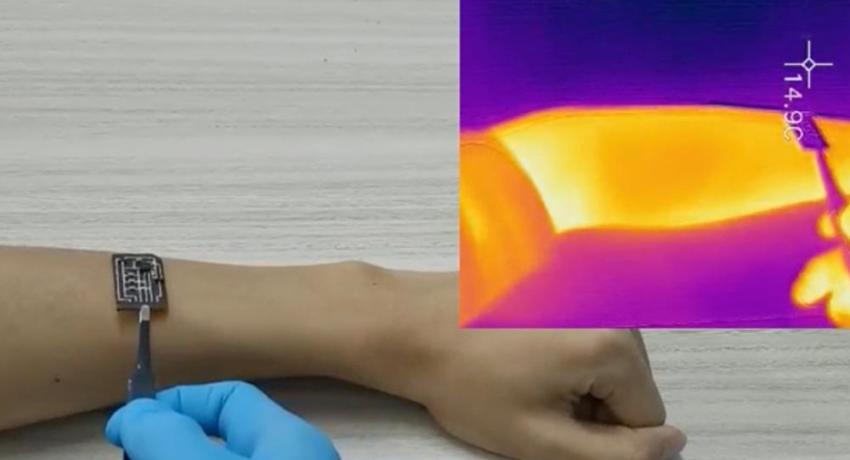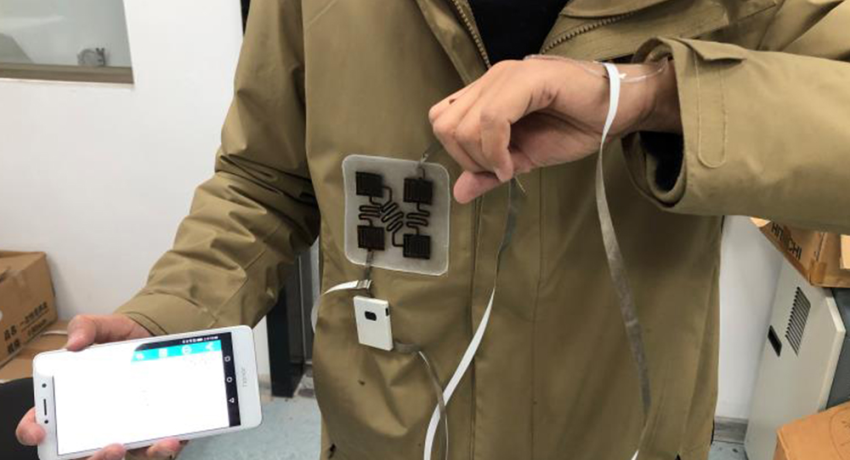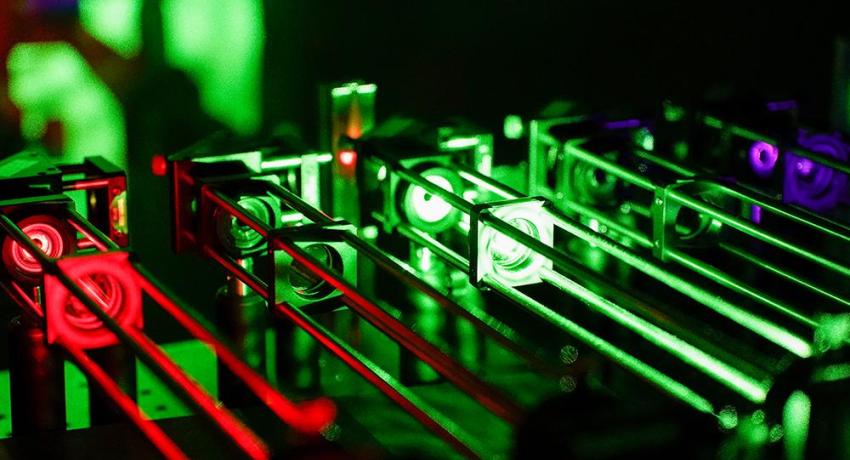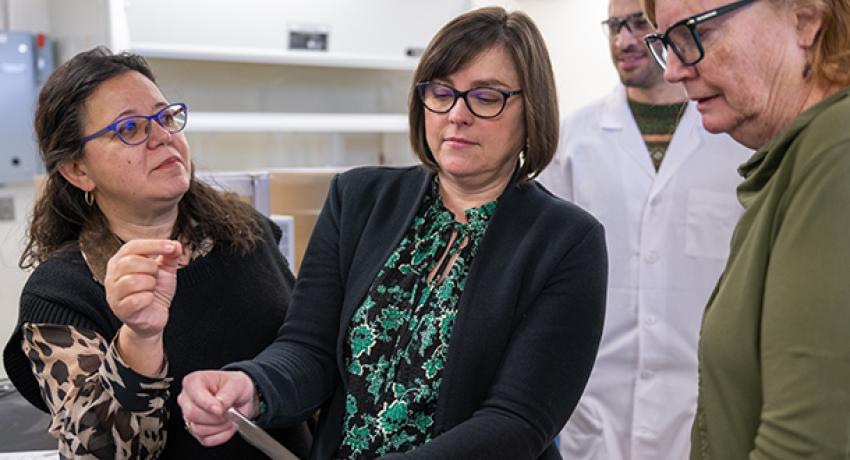Dual-energy harvesting device could power future wireless medical implants
By Matthew Carroll
Implantable biomedical devices — like pacemakers, insulin pumps and neurostimulators — are becoming smaller and utilizing wireless technology, but hurdles remain for powering the next-generation implants. A new wireless charging device developed by Penn State scientists could dramatically improve powering capability for implants while still being safe for our bodies, the researchers said.

